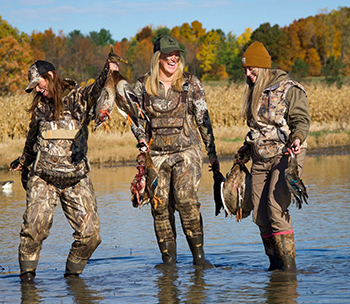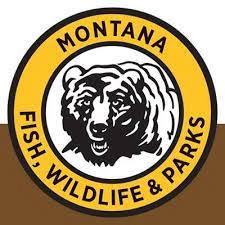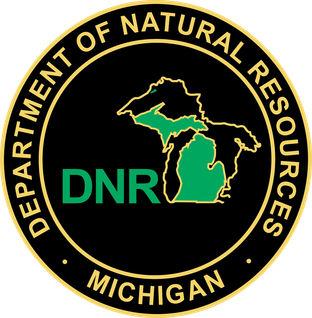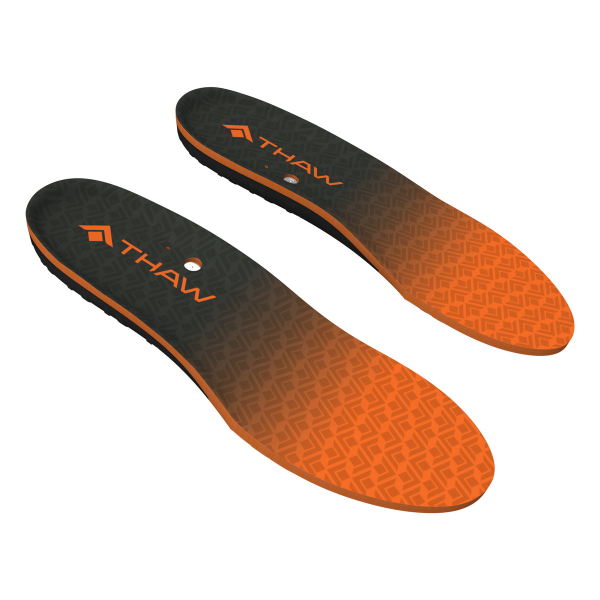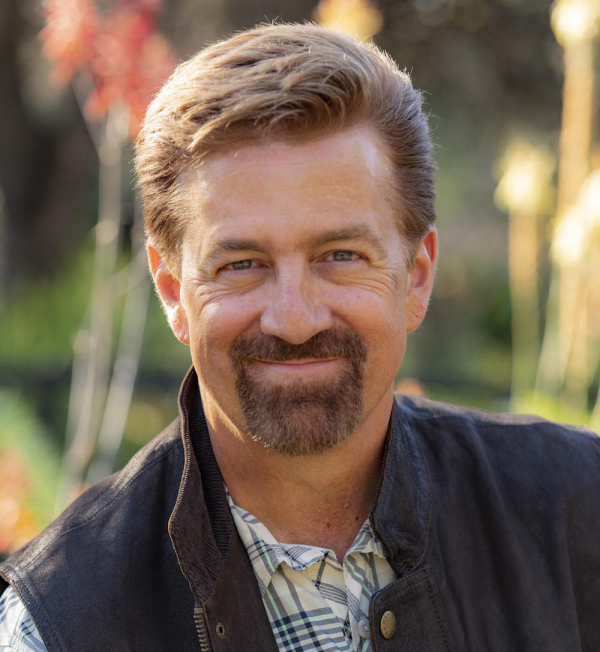POMA Announces New Executive Director
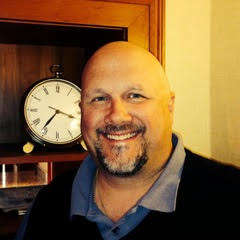
GW: Welcome aboard, sir. Sure can’t hold it against you for being a Buckeye
.
The Professional Outdoor Media Association is thrilled to announce its new Executive Director, Robert Sexton! He began October 1, 2023.
“Members of the Outdoor Media are the essential ambassadors of our great outdoor heritage, fostering interest in hunting, fishing and the shooting sports, while providing a window to our way of life to the general public. I’m proud to serve them in building a strong POMA to support their important work,” said Rob Sexton.
Rob is one of the most seasoned non-profit consultants and issues management professionals in the country. Following early training working for the Speaker of the Ohio House of Representatives and a key committee chairman, Rob joined the staff of the Sportsmen’s Alliance in 1995. Over the next 17 years he rose through the ranks to Senior Vice President, responsible for federal and state legislation, litigation and ballot issues as well as forging strategic partnerships for the organization.
In 2012 Rob launched RTS Strategies, and works as a consultant for non-profit organizations, with a specific focus on executive management and public policy on behalf of organizations related to hunting, fishing, firearms, and the shooting sports. Clients of RTS Strategies have included the National Shooting Sports Foundation, Sportsmen’s Alliance, Union Sportsmen’s Alliance, American Kennel Club, and more.
Rob is a 1990 graduate of The Ohio State University. He and his wife Beth have been married for 30 years and have four grown children and two grandchildren. An avid hunter and angler, Rob enjoys fishing on Lake Erie and hunting wild turkeys, white-tailed deer, pheasant, quail and doves, along with shooting sporting clays when time permits.

